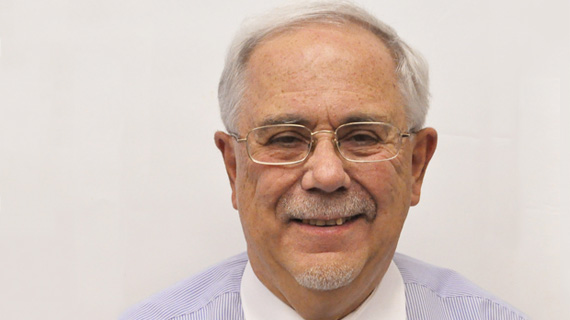John B Saunders National Centre for Youth Substance Use Research at the University of Queensland, and Wesley Hospital, Kogarah and Waratah Private Hospital, Hurstville, New South Wales.
Gaming Disorder – We need to talk
Parliament House, Canberra is the location for the Inaugural Symposium of the Australian Gaming and Screens Alliance (AGASA), being held on Thursday, 14th September. Hosted by Zoe McKenzie, Federal Member for Flinders (Victoria) and with several parliamentary colleagues expected to attend, the symposium is open to clinicians, educators, community leaders, journalists and media specialists, and concerned members of the Australian community.
What is AGASA?
AGASA is a newly formed, national, independent charitable organisation, which is focused on raising awareness and preventing harm from online gaming and other forms of excessive screen use, by all members of the community but especially children and young people. It aims to educate and support clinicians, teachers, policy makers and the community at large on ways of preventing gaming and screens-related disorders. Particular goals are helping parents engage with their children who are playing online games excessively, and to facilitate access to treatment for those in need. It aims to facilitate use of technology which is productive and minimises harm.
Why should we be concerned?
Video-gaming has become an almost universal activity, with 70% of adults in Australia playing video games of some type and at some frequency, and this includes 95% of young Australians. Approximately 10% of teenagers in Australia experience significant problems from gaming, and about 3% develop addiction to gaming (termed Gaming Disorder in the international diagnostic systems). Although short-duration video-gaming (approximately 1 hr/day) can confer benefits in terms of faster reaction times, multiple harms and impairments from excessive gaming are recognised.
These harms include negative consequences for a person’s physical health, such as poor sleep, inadequate diet, lack of physical exercise, weight gain or weight loss, and pain in multiple parts of the body (wrist, shoulder, neck and back), and psychological health problems (e.g. worse mood, depression, anxiety, poor attention). In addition, there is typically a decline in social functioning, including deterioration in relationships, and disengagement from education, training, work, previous friendships, and family. Given that 10% adolescents play video games for more than 9 hours per day, conflict with members of the family is common.
Although an estimated 330,000 Australians suffer as a result of their gaming, very few individuals or families receive professional help, due to lack of available treatment or avenues to professional help. For this reason, problem gaming is often an “invisible” problem that goes undetected in the community while progressing to more serious problems.
Prevention and early intervention strategies are lacking in Australia. Australian research points to the importance of parent education and parent management strategies targeting earlier children (primary school age) before they experience any features of problem gaming or gaming disorder. Other Australian evidence suggests that prospective prevention and intervention initiatives should aim to address critical gaming disorder risk factors. Other countries have developed policies, education programs, and treatment facilities. Only one public hospital in Australia has a specific gaming disorders clinic, and overall the provision of advice, therapy and treatment is fragmented. Promising approaches have been developed, such as the Res@T-A program and some individual therapists and clinicians in the private sector provide treatment. Overall, Australia’s response to this key societal concern is piecemeal and fundamentally inadequate. There has been no systematic Government-driven response, and we hope the symposium will help galvanise a commitment to achieve this.
What is happening in the Symposium?
After a welcoming address by our parliamentary host Zoe McKenzie, John Saunders (AGASA chairperson) and Brad Marshall (AGASA Director) will summarise AGASA’s ambitions and those of the symposium. There will then be four keynote talks:
- Daniel King, Associate Professor in Psychology, Flinders University (Adelaide)
Gaming Disorder in Australia: The state of the Game
- Huu Kim Le, Child and Adolescent Psychiatrist, CGI Clinic (Adelaide)
Gaming disorder assessment and treatment: a psychiatrist’s perspective
- Vasileios Stavropoulos, Associate Professor in Psychology, RMIT (Melbourne)
Mind Games: What makes games addictive?
- Wayne Warburton, Associate Professor in Psychology, Macquarie University (Sydney)
Gaming Disorder Treatment: The RES@T-A Program
Following this there will be updates on new Australian and international research by Gary Chan, Jannie Leung, and Daniel Stjepanovic from the National Centre for Youth Substance Use Research at the University of Queensland.
******************************************************
NOTE:
Venue: The Theatrette, Federal Parliament House, Canberra ACT
Date: 9.00 am to 4.00 pm, Thursday 14th September 2023
Ticket cost: $150 per person, inclusive of lunch & refreshments
Tickets available via: https://www.eventbrite.com/e/agasa-symposium-2023-tickets-647565093627





0 Comments